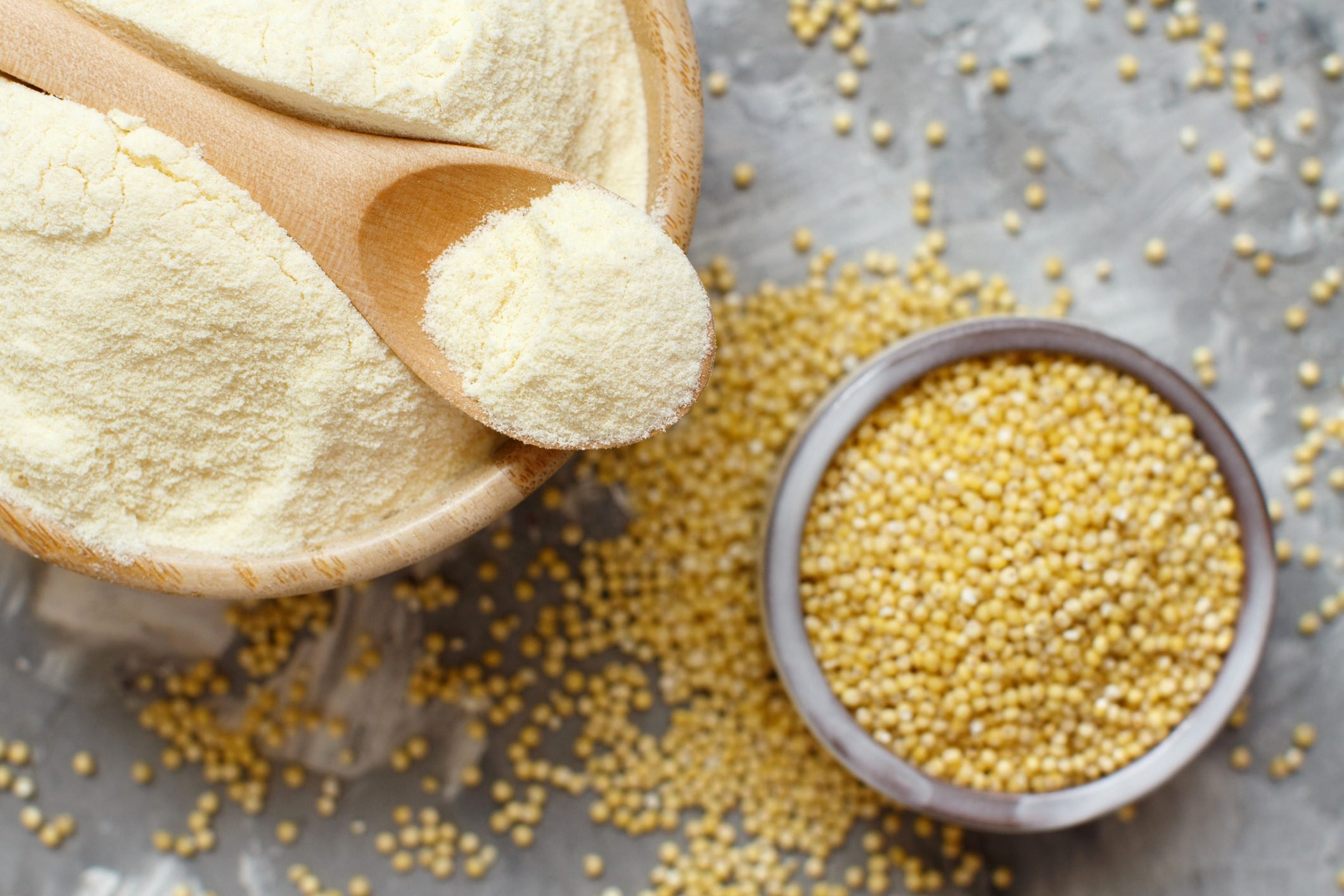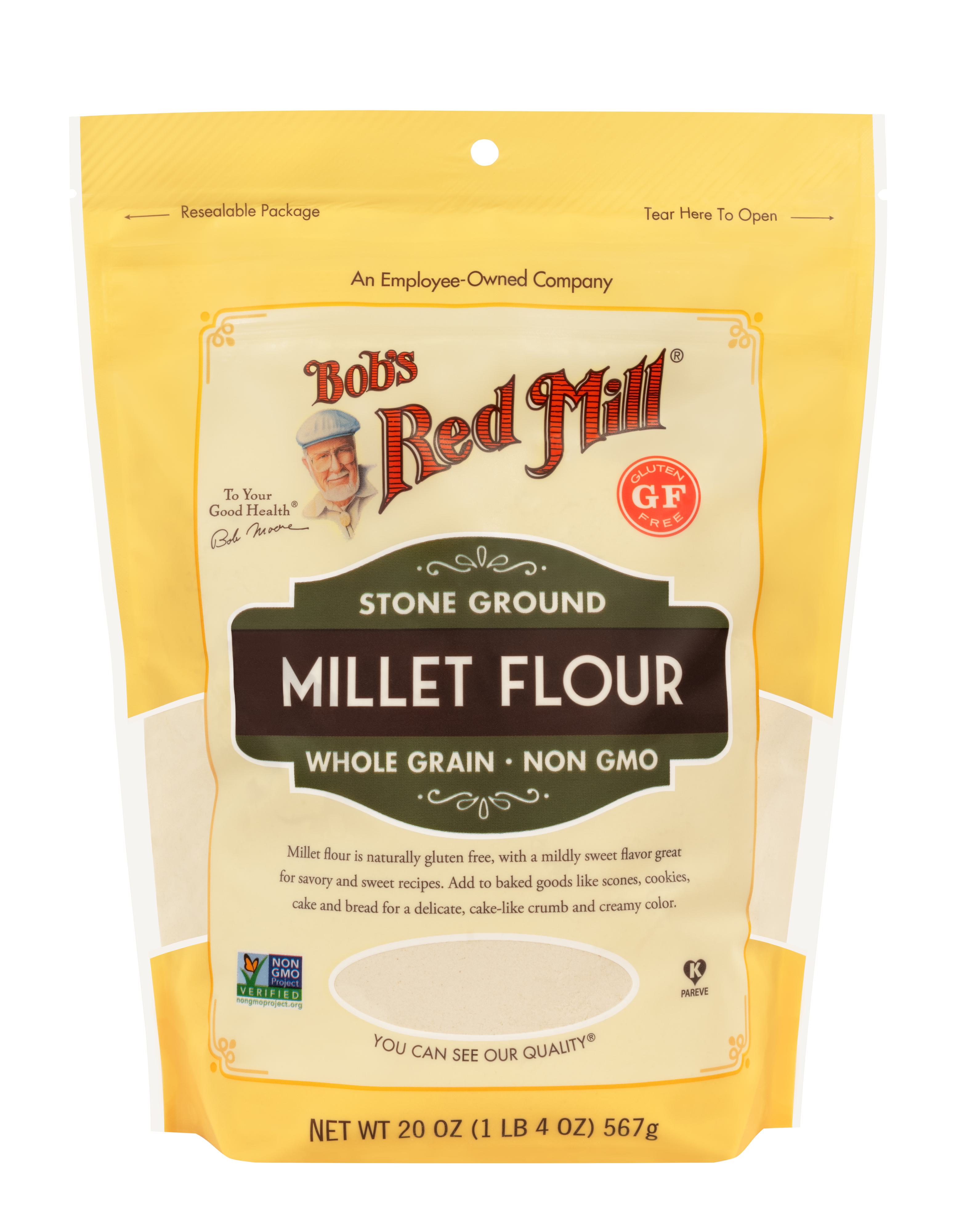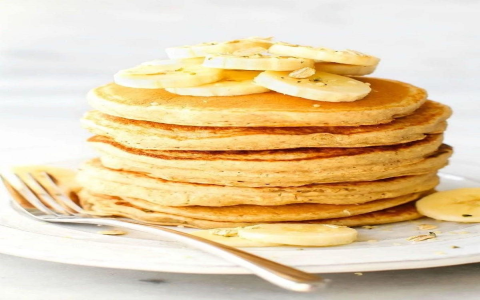So, I’ve been diving into the world of alternative flours recently, mainly because someone in my family had to go gluten-free. It’s been a bit of a learning curve, let me tell ya. One of the flours that kept popping up was millet flour. My first reaction was, “Millet? Isn’t that for birds?” Kidding, mostly! But the big question on my mind was pretty straightforward: is millet flour gluten free? I needed to get to the bottom of this before I started baking up a storm.

My Initial Digging
First thing I did was some basic homework. I hit the books, well, the internet, and started reading up on millet itself. What I found out pretty quickly was that millet, as a whole grain, is naturally gluten-free. That was a good start! It doesn’t contain wheat, rye, or barley, which are the usual gluten culprits. So, in its pure form, millet gets a thumbs up for being gluten-free.
The “Practice” – Where Things Got Interesting
Now, just knowing the grain itself is gluten-free wasn’t enough for me. I’ve learned that “naturally gluten-free” doesn’t always mean the product on the shelf is safe for someone who needs to strictly avoid gluten. This is where my actual “practice” began. I headed to a few grocery stores and started looking at the millet flour options.
I noticed something important. Some bags of millet flour were just labeled “Millet Flour,” plain and simple. Others, however, had a clear “Certified Gluten-Free” symbol or statement on the packaging. This got me thinking. Why the difference? The answer, I soon realized, often comes down to cross-contamination.
Think about it: many mills that process millet flour also process wheat flour, barley flour, and other gluten-containing grains. If they’re not super careful with their cleaning processes or if they use shared equipment, tiny particles of gluten can easily get mixed in with the millet flour. For someone with celiac disease or a serious gluten sensitivity, even a small amount can cause problems.
What I Started Doing
So, my practice evolved. I made it a point to specifically look for millet flour that was explicitly labeled as gluten-free. It wasn’t always the cheapest option, and sometimes it meant going to a different store, but peace of mind is important, right?

I started reading the fine print on packages too. Some brands might say “processed in a facility that also handles wheat,” which is a bit of a red flag for strict gluten-free needs. The ones with a clear certification from a recognized gluten-free organization became my go-to.
I even tried a couple of different certified gluten-free millet flour brands in my baking. Used it for some simple cookies and flatbreads. The texture is a bit different from wheat flour, a little denser maybe, with a mild, slightly sweet, nutty flavor. But the key thing was, the person in my family who needed to be gluten-free had no issues with it. Success!
My Takeaway
So, after all this looking around and trying things out, here’s what I’ve learned and what I stick to now:
- Millet grain itself: Yes, it’s naturally gluten-free.
- Millet flour you buy: This is where you gotta be careful. It can be gluten-free, but only if it’s processed in a way that prevents cross-contamination.
- My personal rule: I always, and I mean always, look for millet flour that is clearly labeled or certified gluten-free. I don’t just assume because millet is naturally gluten-free that the flour will be safe.
It’s an extra step, sure, to scrutinize those labels, but if you’re baking for someone who genuinely needs to avoid gluten, it’s absolutely worth the effort. That’s my practical experience with it, anyway. Hope it helps someone else out there wondering the same thing!
